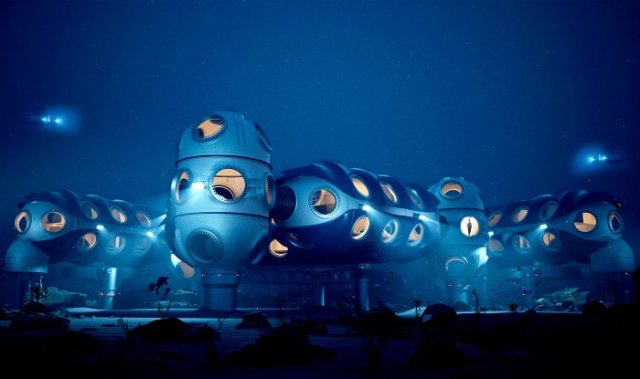
Deep Sentinel Station
Known for its research and development in the field of deep—sea technologies, the British company Deep presented the project of the Sentinel research base - an underwater analogue of the ISS. It will be built at a depth of about 200 meters in the so—called epipelagic zone, which is characterized by the highest concentration — up to 90% - of all living organisms in the ocean.
Currently, the project is in the stage of active technical design and launch into production. In comparison with existing underwater stations (usually temporary and stationary), Sentinel is a noticeable step forward. It is completely autonomous, has a modular structure, which allows you to increase it in size, rebuild it, changing the configuration depending on the tasks that arise.
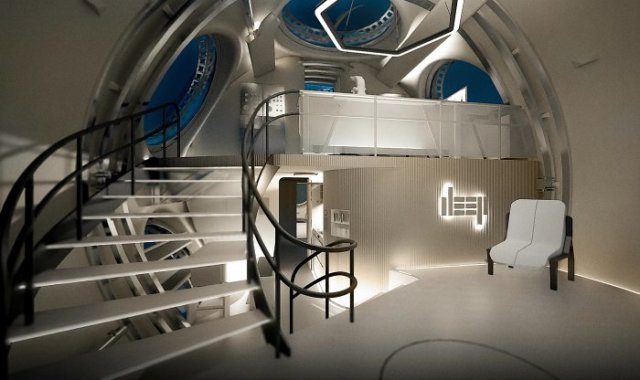
Deep Sentinel Station
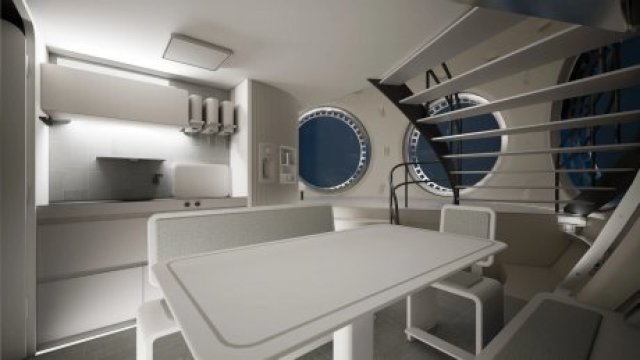
Deep Sentinel Station
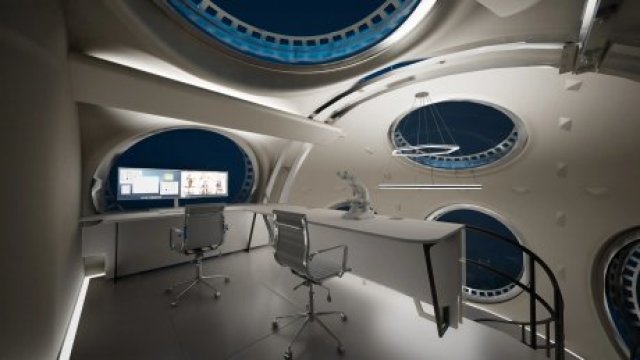
Deep Sentinel Station
It will be possible to get to Sentinel with the help of underwater vehicles. The most comfortable environment will be created for the scientists working on it. They will have research laboratories located next to common areas, small bedrooms with single beds and places for entertainment. The bathrooms will be equipped with a shower, toilet and sink. The developers promise that the inhabitants of Sentinel are not threatened with claustrophobia, like the crews of submarines.
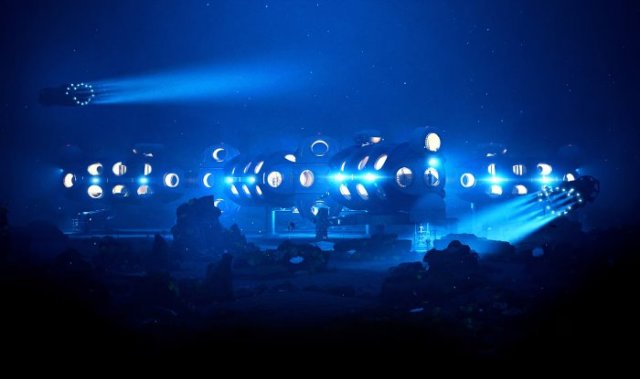
Deep Sentinel Station
However, before the plant is put into operation in 2027, there are still many technical problems to be solved — in particular, to ensure the stability of the structure under conditions of enormous pressure, the supply of the necessary amount of oxygen and electricity. According to Deep, Sentinel will be powered by a renewable energy source, and a powerful bioreactor will be installed for waste processing.

Deep Sentinel Station
Alexander Ageev
